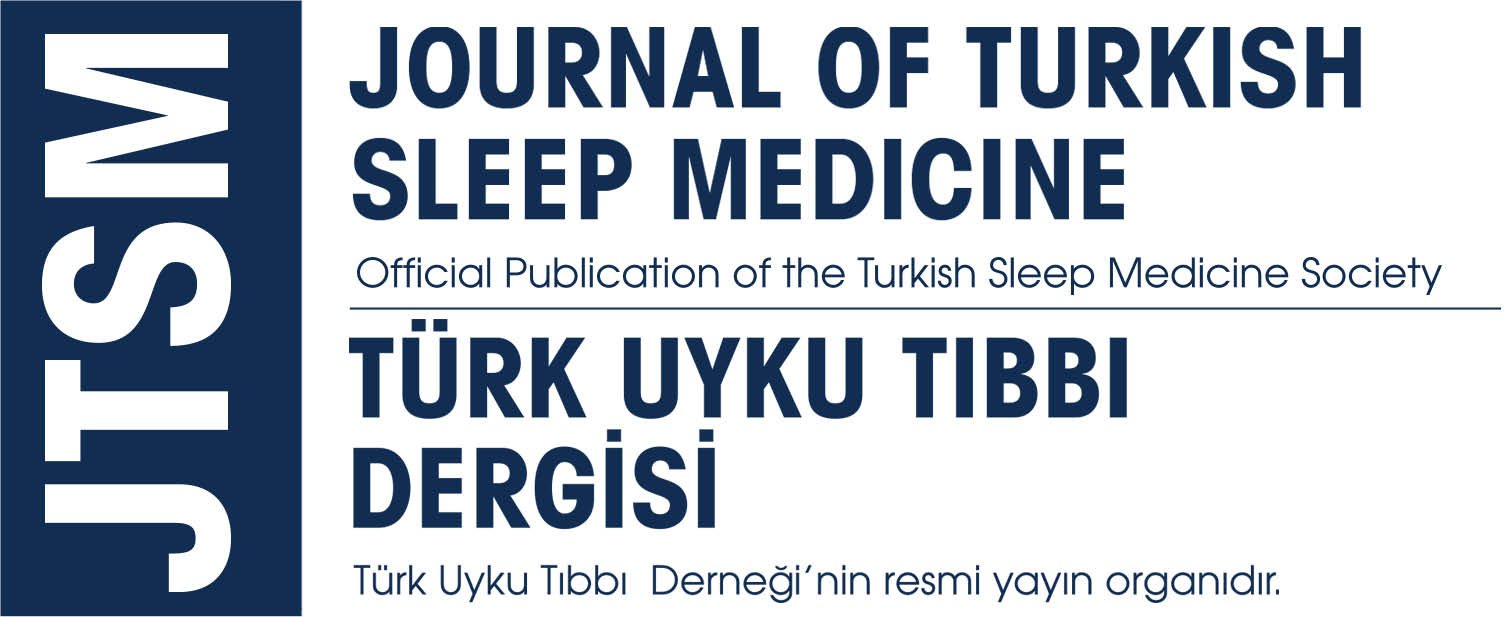Abstract
Objective
It was aimed to examine the relationship between sleep quality and anger levels of individuals with chronic obstructive pulmonary disease (COPD).
Materials and Methods
This cross-sectional study was conducted with 195 individuals with COPD hospitalized in the chest diseases ward of Van Training and Research Hospital between January and August 2023. Data were collected using the Epworth sleepiness scale (ESS), Richard-Campbell sleep scale (RCSS), and state-trait anger expression ınventory (STAI).
Results
The mean age of the individuals who participated in this study was 67.81 (10.59) years and were diagnosed with COPD 9.85 (9.27) years ago. There was a weakly significant positive correlation (r=0.278; p<0.001) between the mean total score of the ESS and the mean total score of the RCSS, whereas there was no significant correlation between the mean total scores of the ESS and RCSS and the mean scores of the sub-dimensions of the STAI scale (p>0.05). A significant negative correlation was found between the year of diagnosis of COPD, the number of COPD attacks in the last year, and the mean total score of RCSS (p<0.001). It was found that those in global iniative for chronic obstructive lung disease stage I had higher sleep quality, lower daytime sleepiness, and internalized anger than those in stages III-IV. Individuals who never received oxygen therapy had lower levels of internalized anger than those who received occasional or continuous oxygen therapy (p<0.05).
Conclusion
It was found that individuals diagnosed with COPD had poor sleep quality, and moderate anger levels and mostly expressed their anger inwardly. There was no relationship between sleep quality and anger levels of individuals diagnosed with COPD. It may be recommended that individuals with high disease severity should be followed up and treated regularly by mental health professionals in a holistic approach.



